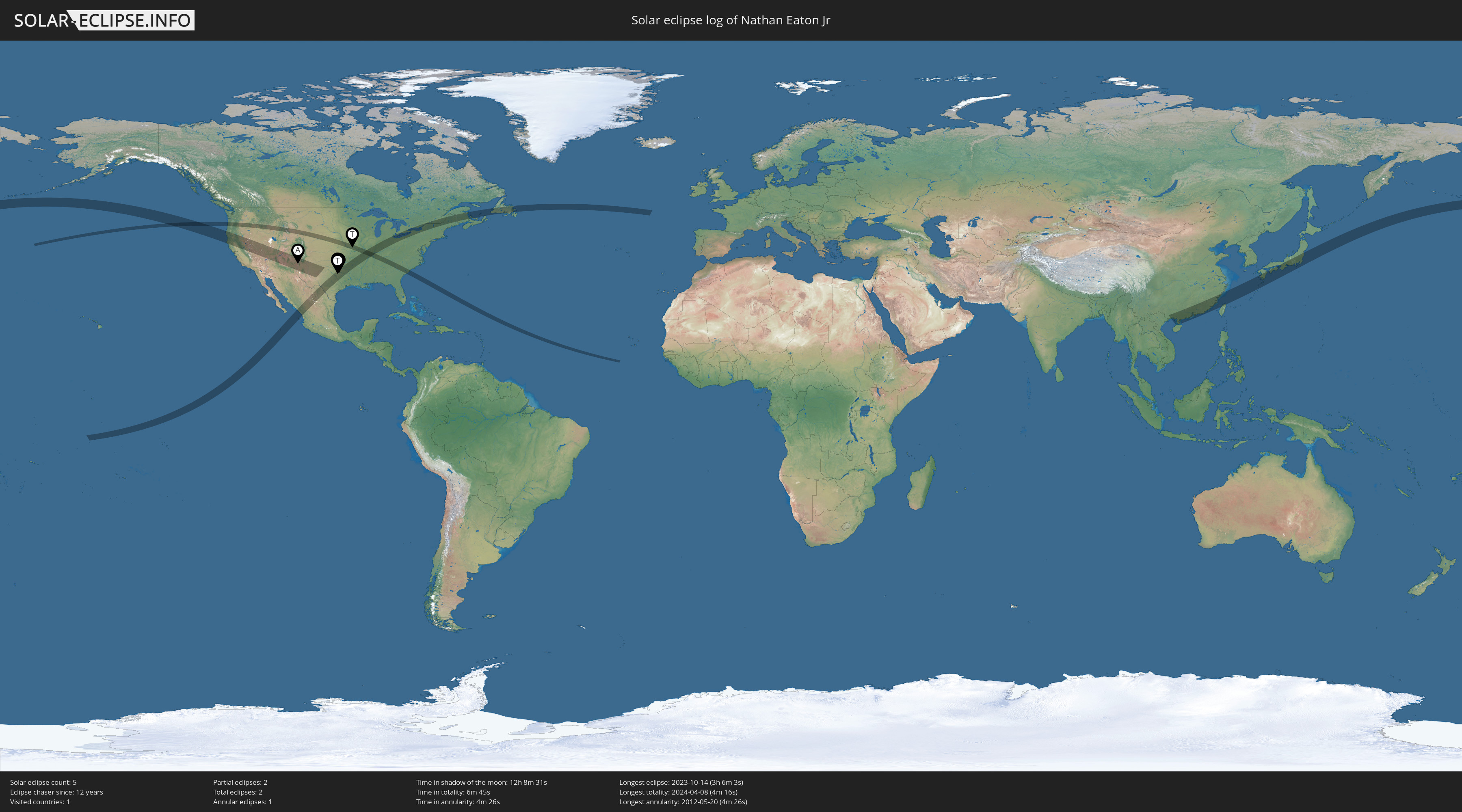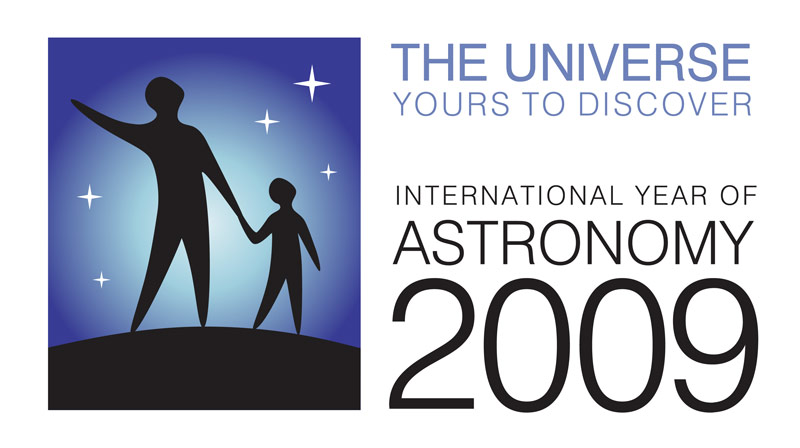The
GLOBE at Night project is an opportunity for
students,
parents,
teachers, amateur astronomers or anyone else interested to participate in real science. Held this year between March 16th and 28th, the project will use observations made by people around the globe to capture information on current light pollution levels. In addition to telling us what things are like now, the observations will also be compared to information collected in previous years so this is a great way to do your part to help identify how much light pollution has changed in areas all over the world.
Participating is as simple as:
- Find your location in longitude and latitude
- Locate the constellation Orion in the evening sky about an hour after sunset
- Match what you see to examples provided on the GLOBE at Night web site
- Report your observation
It's that easy. The project web site provides everything you need including tools to find your longitude/latitude, magnitude charts and even links to see what others around the world have reported. Keep in mind that the more observations reported, the more accurate and complete the project results will be so you can help by checking the sky over multiple nights and even from other places near where you live.
This is another great way to help celebrate the International Year of Astronomy. Get outside tonight and do your part... I'll be out there, too!
Update: Having gone out and done my observation for tonight (plan on doing other locations over other nights of the project), I have a suggestion: skip the step to look up your longitude and latitude. When you go to the link to report your observation, there is an option there to select long/lat by specifying an address. It is just as simple to wait till you report your observation as to look it up in advance and remember it to enter later on.





















 The journey continues beyond 2009... check it out!
The journey continues beyond 2009... check it out!

will this kind of event repeat in this year?? this is nice and full of sense.
ReplyDeleteYes, it will happen again for the 3rd or 4th year, this time on March 3-16. See the link at beginning of post.
ReplyDeleteClear skies,
Nate